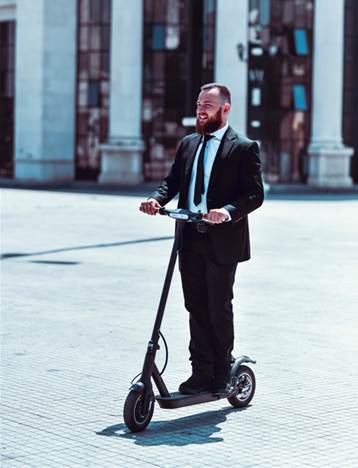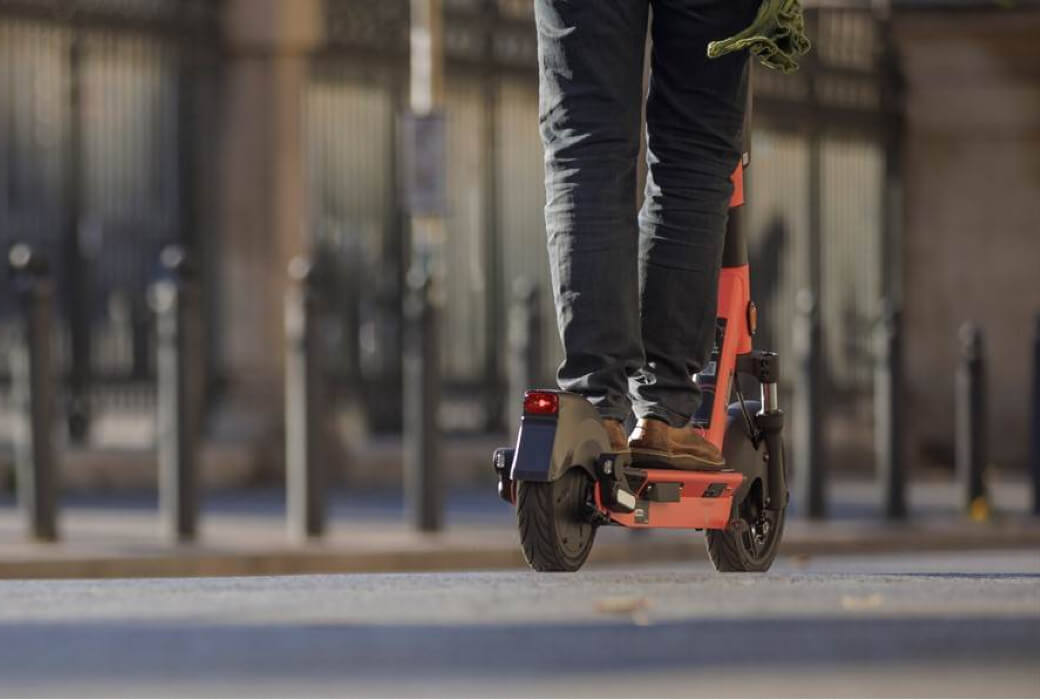Regional e-scooter trial extension gets the thumbs up from green mobility enthusiasts and time-poor commuters
But road safety expert TTC calls upon local authorities and fleet managers to offer training programmes to boost rider confidence
- More than 50% of consumers would consider riding an e-scooter for leisure or business use if training were on offer
- 89% of would-be riders called for a rider assessment to be put in place – similar to the cycling proficiency
- Sustainability and environmental benefits are the key drivers behind growing consumer appetite, followed by avoiding traffic and saving time
With over 30 local authorities across the UK weighing up the opportunity to extend and scale-up their electric scooter trials following an announcement by the Department of Transport, new research from TTC, the trusted training and compliance expert, suggests that consumer appetite for riding e-scooters for personal and business use is on the rise.[i] Over 50% of those surveyed said they would consider an e-scooter as an alternative mode of local transport.
[i] Independent survey conducted by Maru Hub on February 2023 of 300 consumers
Sustainability and environmental benefits were the main reasons respondents would like to use e-scooters, with one in three placing this as the most important factor in the decision. Avoiding traffic was the second most common reason, followed by saving time.
Alongside announcing new regulations that enable local authorities to request changes to the geography and fleet size of their e-scooter trials, the government also issued guidance on purchasing, charging and using e-scooters. However, TTC’s survey suggests that not enough emphasis is being placed on ensuring riders of rental scooters have the right skills and road safety knowledge to benefit from their availability.

One in two consumers expressed skills and safety concerns and one in four respondents said they would only consider using an e-scooter locally if they received road safety training. Furthermore, 19% would only scoot if they could use dedicated lanes – like cycle lanes. Most respondents (89%) felt e-scooter riders should be required to complete an assessment similar to the cycling proficiency test before being able to rent a scooter to ride on the road.

